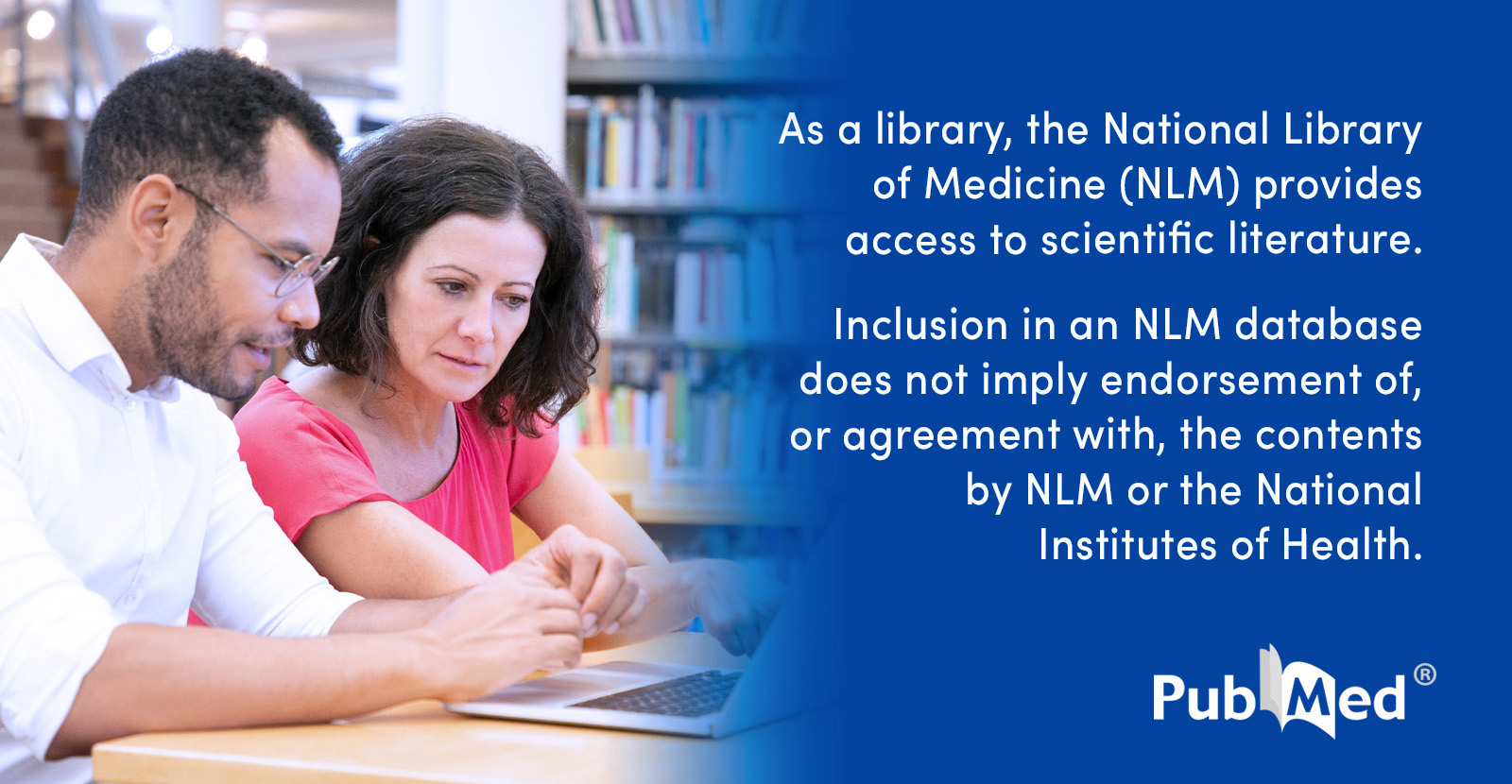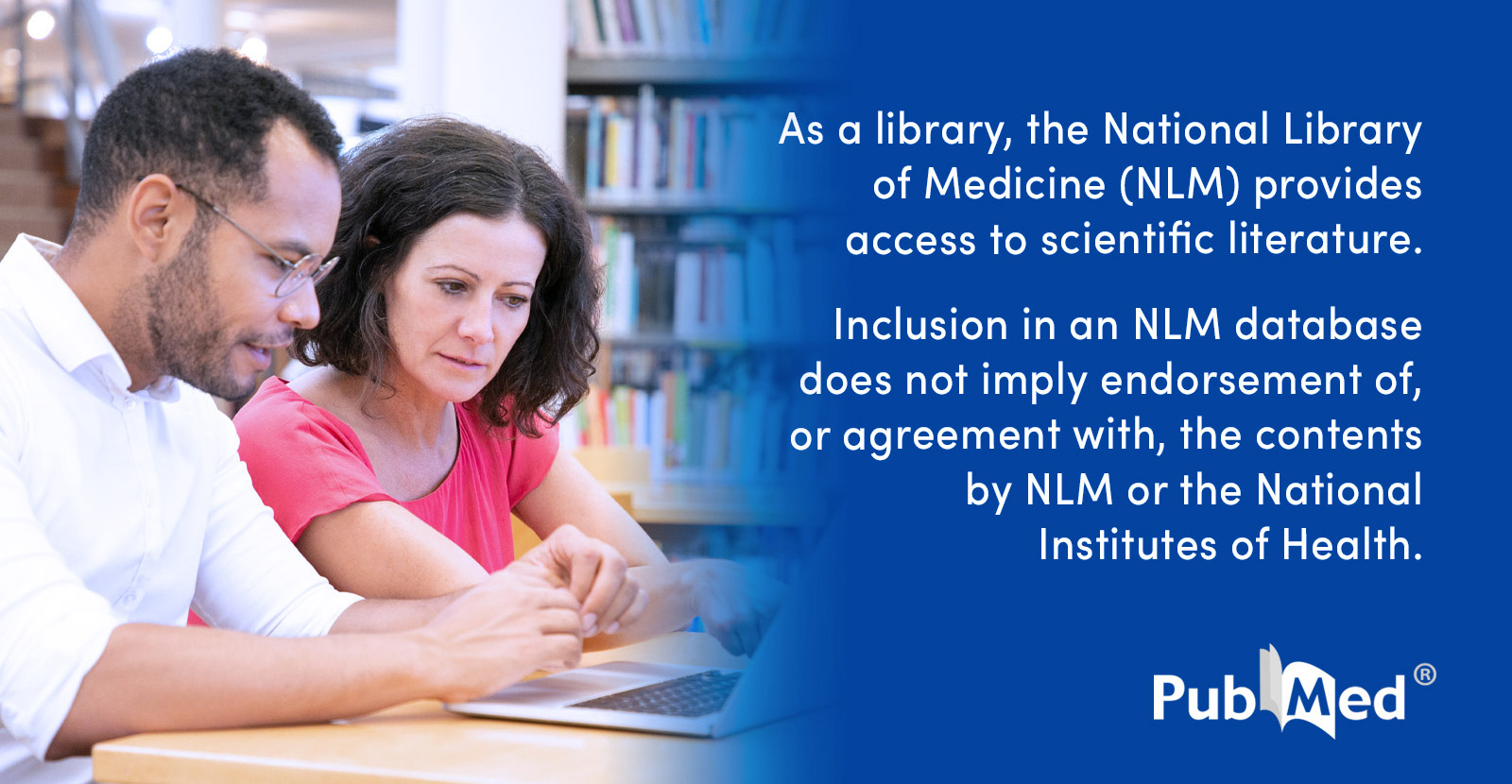Postnatal depression, maternal-infant bonding and social support: a cross-cultural comparison of Nigerian and British mothers.
Autor: Afolabi, Oladayo; Bunce, Louise; Lusher, Joanne; Banbury, Samantha
Publication year: 2020
Journal of mental health (Abingdon, England)
issn:1360-0567 0963-8237
doi: 10.1080/09638237.2017.1340595
Abstract:
Objectives: The high prevalence of Post-Natal Depression (PND) in low and lower-middle income countries of Africa raises questions about the functionality of the abundant informal support accessed in the enmeshed family structure. This study examined the interaction between social support, parity and culture in the development of PND and maternal-infant bonding (MIB) among Nigerian, British and Nigerian Immigrant mothers in the UK.Methods: Participants (N = 124) were recruited from the UK and Nigeria via local support groups for mothers, websites offering motherhood-related content and social media. Questionnaires including the Edinburgh Postnatal Depression Scale (EPDS), Postpartum Bonding Questionnaire and Norbeck’s Social Support Questionnaire were uploaded onto SurveyMonkey®.Results: Findings revealed significant cultural differences in PND and social support. Multiple regression analyses revealed that PND, social support and culture could predict MIB, with PND being the only significant independent predictor.Conclusions: Our findings highlight the importance that cultural factors play in the development of PND and the establishment of MIB in the context of culturally attuned healthcare services.
Language: eng
Rights:
Pmid: 28675061
Tags: Humans; Female; Adult; Surveys and Questionnaires; Psychiatric Status Rating Scales; United Kingdom; *Object Attachment; *Social Support; Cross-Cultural Comparison; cross-cultural study; Depression, Postpartum/*psychology; Emigrants and Immigrants/psychology; EPDS; functional support; maternal infant bonding; Mother-Child Relations/*psychology; Mothers/psychology; Nigeria; Postnatal depression, social support; social network
Link: https://pubmed.ncbi.nlm.nih.gov/28675061/








